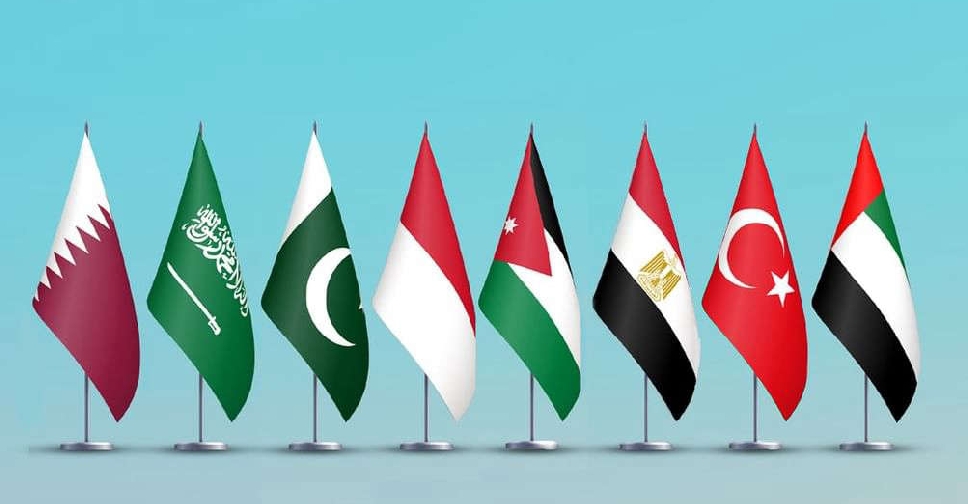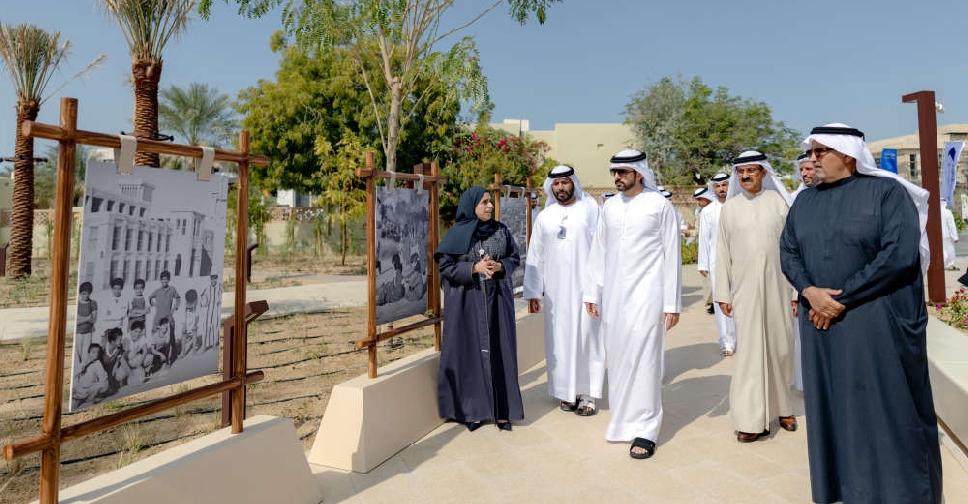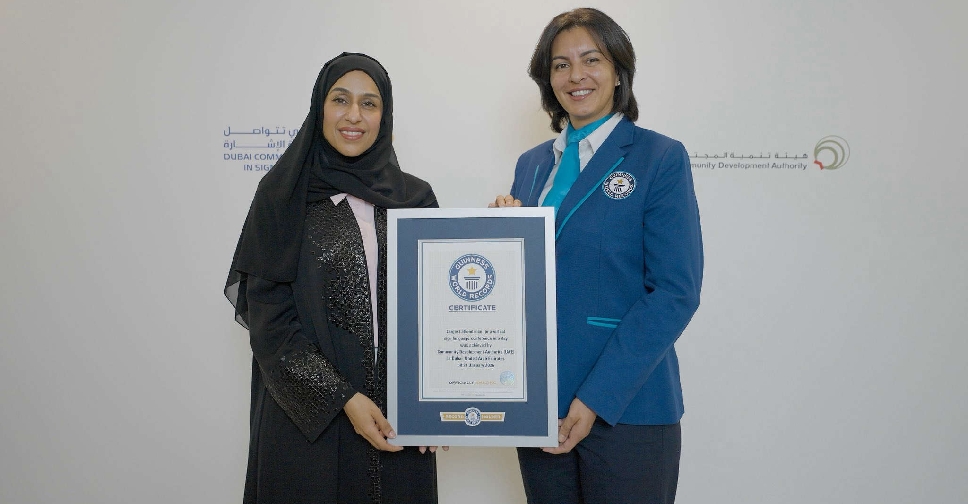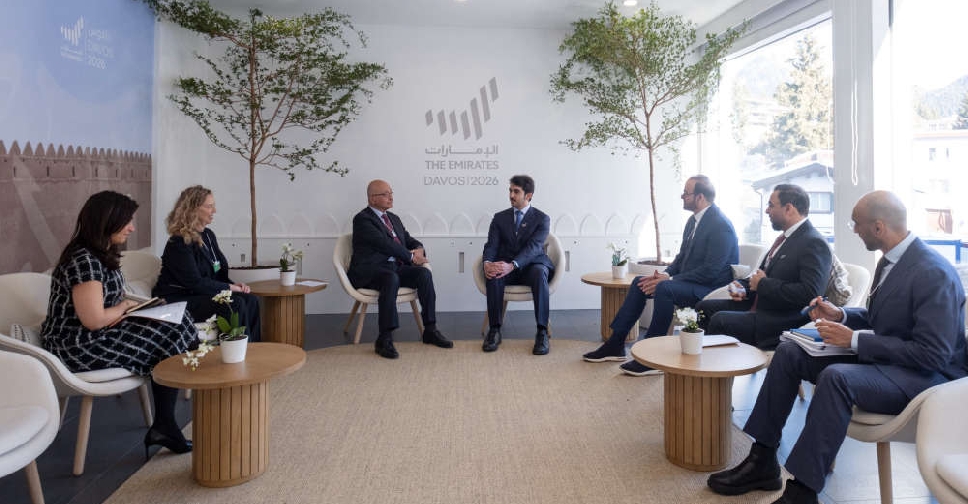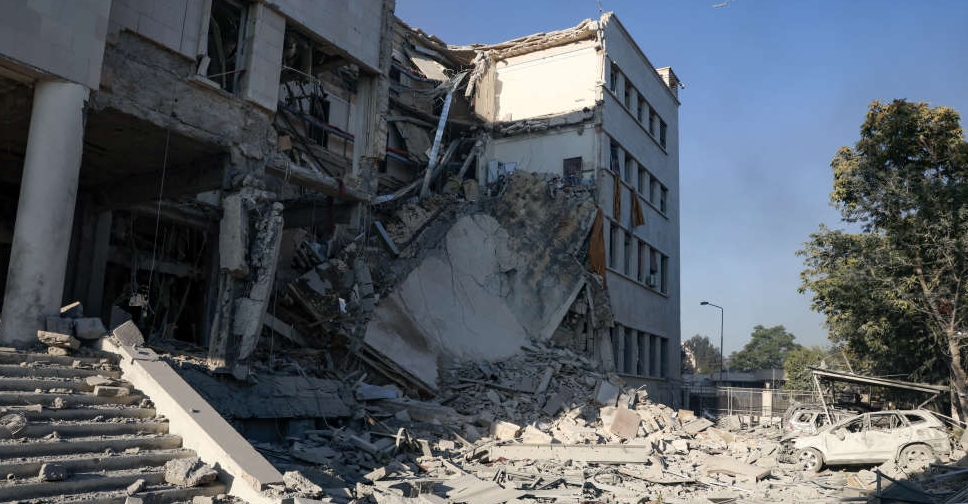
The US said that it did not support recent Israeli strikes on Syria and had made clear its displeasure, while Syrian leader Ahmed al-Sharaa accused Israel of trying to fracture his country and promised to protect the Druze.
On Wednesday, Israel launched air strikes in Damascus, while also hitting government forces in the south, demanding they withdraw and saying that Israel aimed to protect Syrian Druze – part of a small but influential minority that also has followers in Lebanon and Israel.
The air strikes blew up part of Syria's defence ministry and hit near the presidential palace. On Thursday, the Syrian state news agency said Israel carried out an air strike on the vicinity of Syria's Sweida, where scores of people have been killed in days of conflict pitting Druze fighters against government troops and Bedouin tribes.
US State Department spokesperson Tammy Bruce said the US condemned violence in Syria and was actively engaging all constituencies there and called on the Syrian government to lead the path forward.
"Regarding Israel's intervention and activity is the United States did not support recent Israeli strikes," she said.
"We are engaging diplomatically with Israel and Syria at the highest levels, both to address the present crisis and reach a lasting agreement between the two sovereign states."
The violence has underlined the challenges interim President Sharaa faces in stabilising Syria and exerting centralised rule, despite his warming ties with the US and his administration's evolving security contacts with Israel.
Turkish President Tayyip Erdogan said there had been an attempt to "sabotage the ceasefire that was achieved yesterday with the contributions of our country," and that Israel had shown once again that it did not want peace or stability in either Gaza or Syria.
"Israel, using the Druze as an excuse, has expanded its banditry to Syria," he told reporters.
Saudi Arabia, Jordan, the UAE, Bahrain, Turkey, Iraq, Oman, Qatar, Kuwait, Lebanon and Egypt issued a joint statement reaffirming support for Syria's "security, unity, stability and sovereignty" and rejecting all foreign interference in its affairs.
They also welcomed the agreement reached to end the crisis in Sweida and emphasised the necessity of its implementation to protect Syria and its unity.
Overnight, government troops withdrew from Sweida. The government sent troops earlier this week to the predominantly Druze city to quell a round of fighting between the Bedouins and Druze but the violence then grew until a ceasefire was declared.
Addressing Syrians on Thursday, Sharaa credited US, Arab and Turkish mediation for saving "the region from an uncertain fate", but accused Israel of seeking to "dismantle the unity of our people".
He said Israel had "consistently targeted our stability and created discord among us since the fall of the former regime".
The United Nations Security Council met on Thursday to discuss the Israeli strikes and Russia's UN Ambassador Vassily Nebenzia said "external or internal players" could not be allowed to exploit a fragile situation in Syria by "fermenting ethnic and religious tension".
Israel bombed Syria frequently under the rule of the ousted former president, Bashar al-Assad, and has struck the country repeatedly this year, saying it will not allow them to deploy forces in areas of southern Syria near its border.
The Syrian Network for Human Rights said it had documented 254 dead in four days of fighting, among them medical personnel, women and children.
The network's head Fadel Abdulghany told Reuters the figure included cases of field executions by both sides, Syrians killed by Israeli strikes and others killed in clashes, but that it would take time to break down the figures for each category.
Israeli Prime Minister Benjamin Netanyahu said Israel had established a policy demanding the demilitarisation of a swathe of territory near the border, stretching from the Israeli-occupied Golan Heights to the Druze Mountain, east of Sweida.
A military commander for the Bedouin said their fighters had launched a new offensive in Sweida province against Druze fighters and that the truce there only applied to government forces.
The Bedouins, who have long-standing frictions with the Druze, were seeking to free detained colleagues, he told Reuters.
Amid reports of revenge attacks on Bedouin on Thursday, leading Druze Sheikh Hikmat al-Hajari called for peaceful Bedouin tribes to be respected and not harmed.

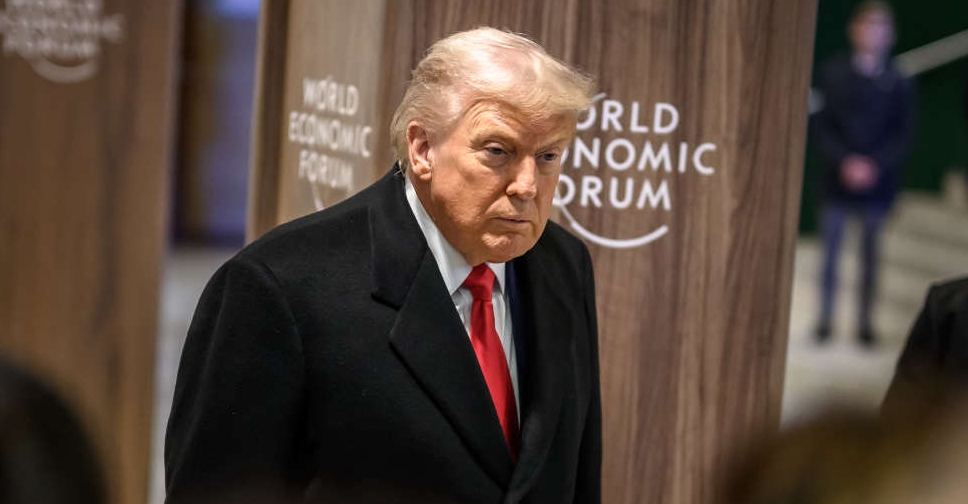 Trump backs down on Greenland tariffs, says deal framework reached
Trump backs down on Greenland tariffs, says deal framework reached
 3 people shot dead in eastern Australia, town in lockdown
3 people shot dead in eastern Australia, town in lockdown
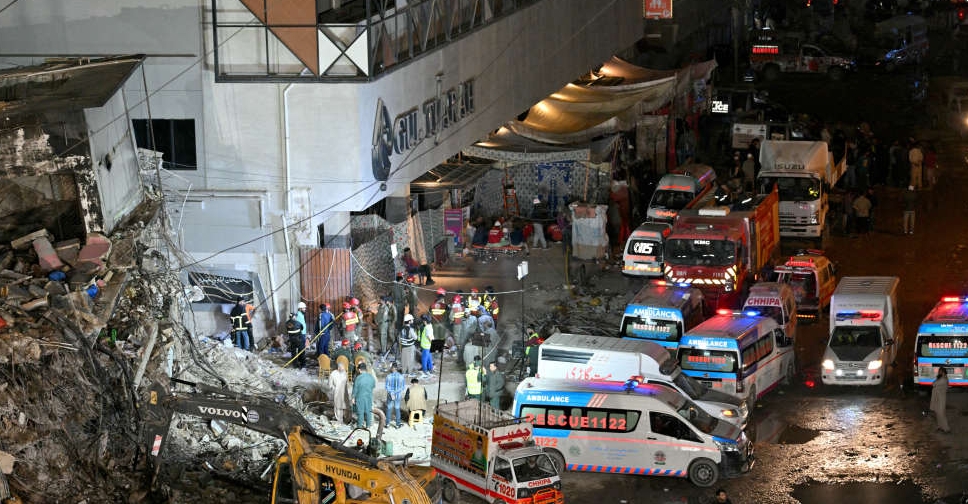 Death toll in Karachi mall fire climbs to around 50, official says
Death toll in Karachi mall fire climbs to around 50, official says
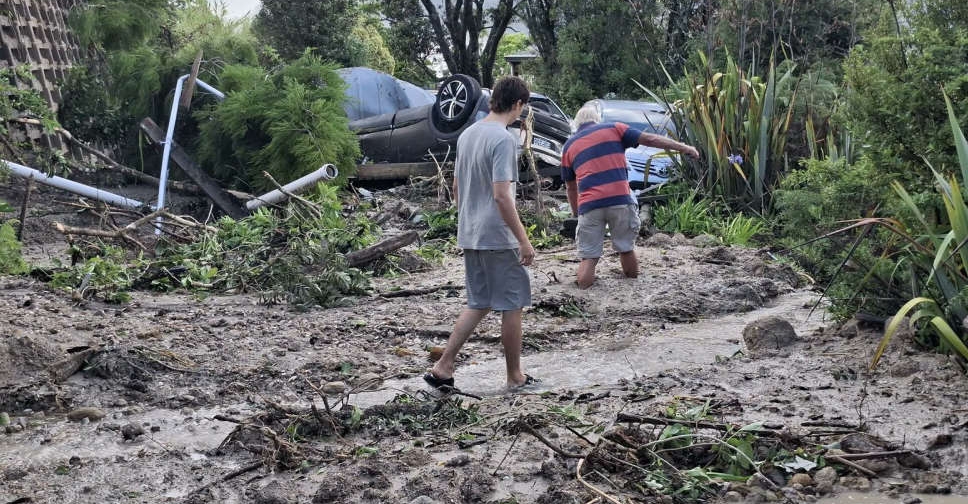 Rescuers search for survivors after landslide at New Zealand campsite
Rescuers search for survivors after landslide at New Zealand campsite
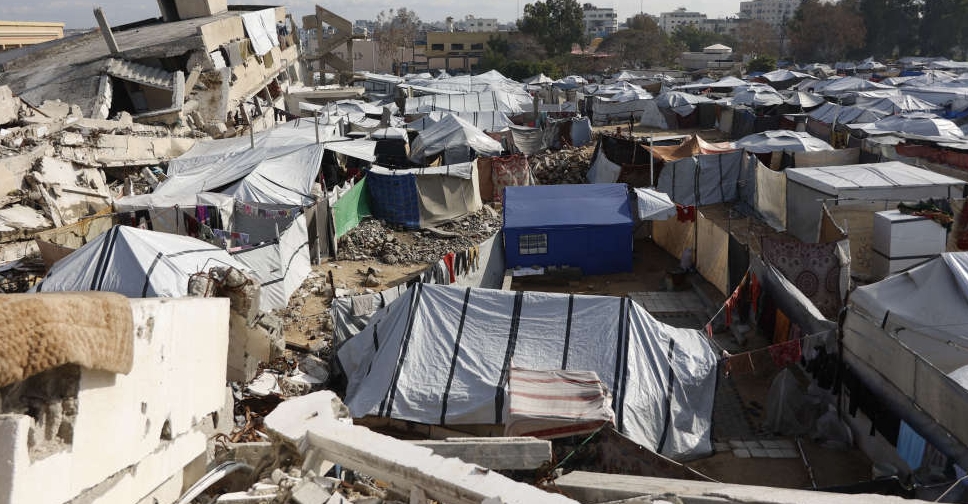 Israeli fire kills 11 Palestinians, Gaza medics say
Israeli fire kills 11 Palestinians, Gaza medics say
